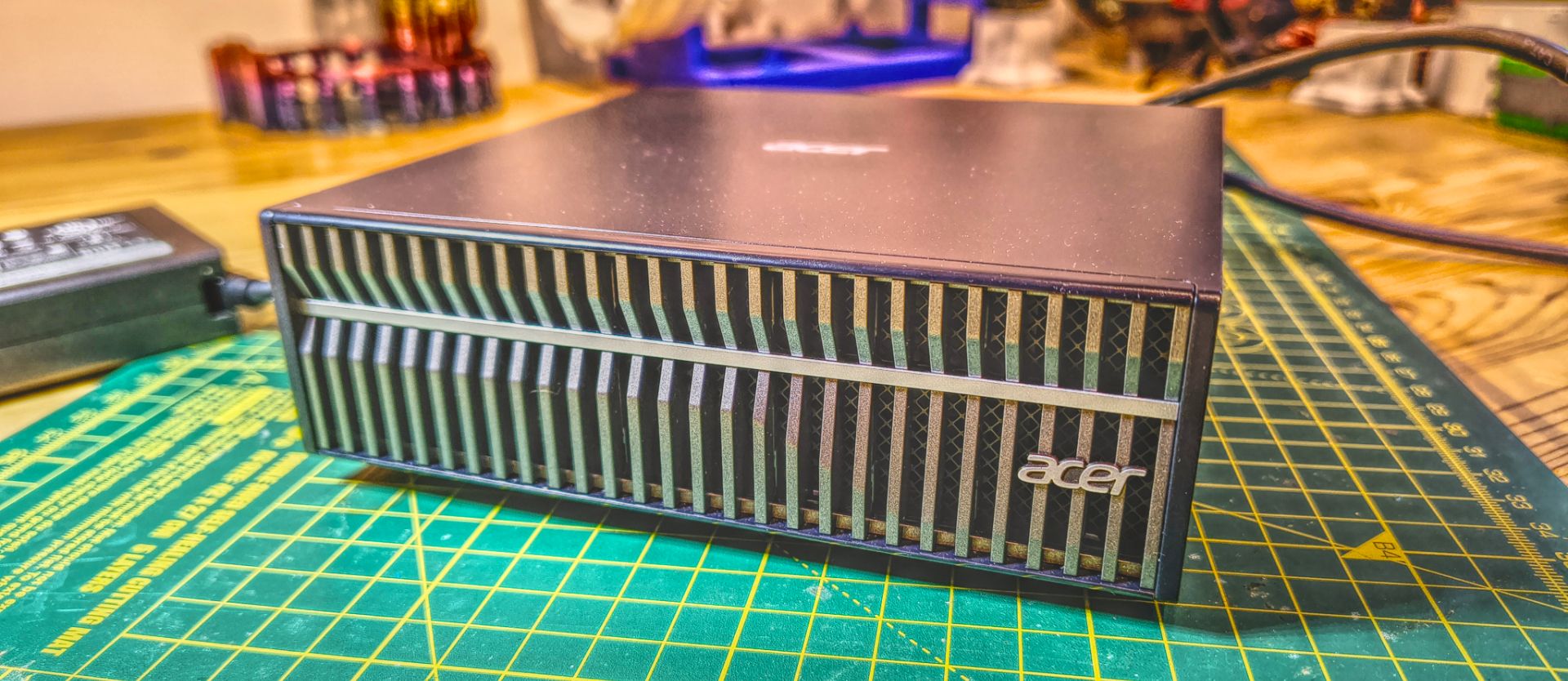Regenerative agriculture is certainly having its moment, but at Dennington Hall Farms, this “new AND old” way of farming is far from a fad.
This month’s Member Spotlight features Dennington Hall farmer, Laura Rous, who shares her experiences implementing regenerative methods and innovation into their farming operations that have yielded positive results.
Located in East Suffolk and with land ownership tracing back 750 years, Laura is a third-generation farmer. After working in the tech sector, she returned to the family farm to bring a new perspective to managing the business and adopt a regenerative approach.
Although the farm is predominantly arable (wheat), the family works on a 12-year rotation, involving sugar beet, peas, beans, oats, and barley, and continues to incorporate livestock within their setup.
Since returning to the farm, Laura has focused on applying innovation to the farm and adopting regenerative agriculture principles.
What does regenerative agriculture mean to Dennington Hall Farms?
As an interchangeable definition, it’s no secret that regenerative agriculture can stir – sometimes controversial – conversations across the industry. However, despite some challenges, Laura sees it as a positive change, offering an opportunity.
“For us, it’s all about restoring the health of the land. It’s about improving the soils, biodiversity, and natural processes so that they’re stronger, more resilient, and more productive over time.
“It’s not a checklist, it’s a sort of mindset shift. So, we’re thinking about the farm as a living system where the soils, the plants, the animals, the water, the air, and the people are all hugely interconnected.
“It’s about actually looking at what we need to do at any point in time to help the environment that we’re in, whilst also making sure that we’re trying to grow commercially viable crops and so that our businesses have that resilience as well,” says Laura.













